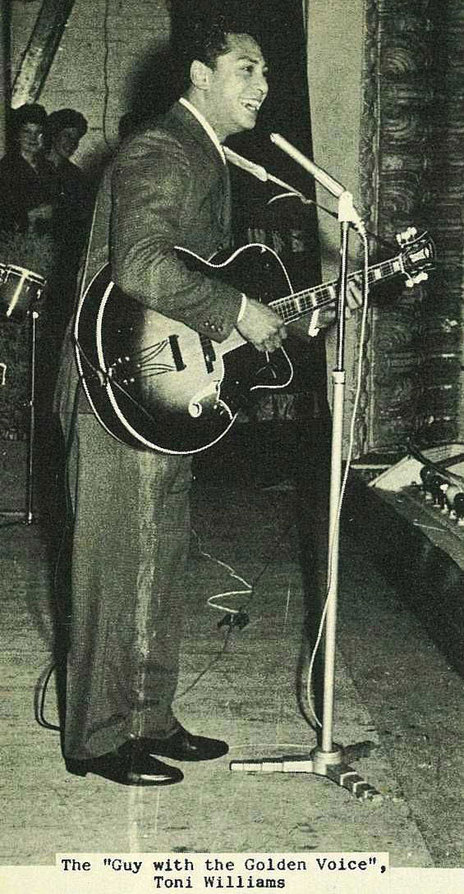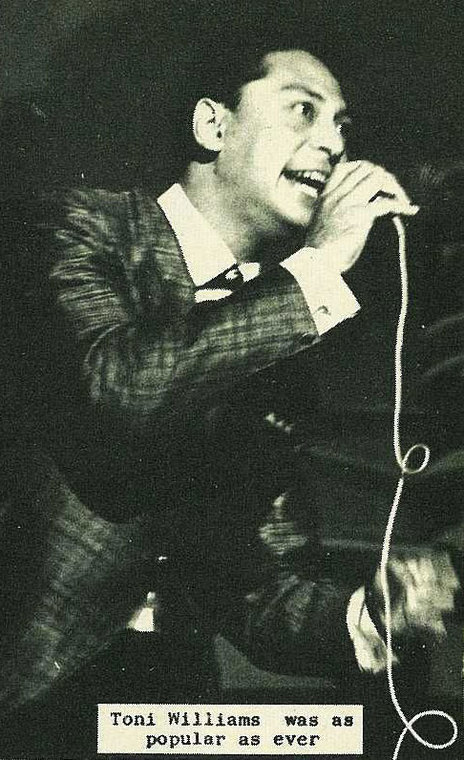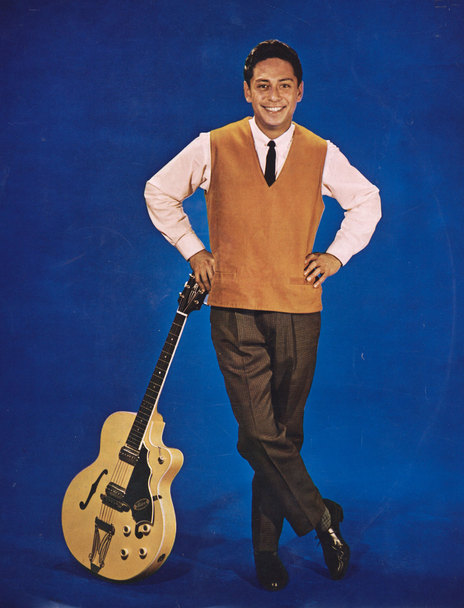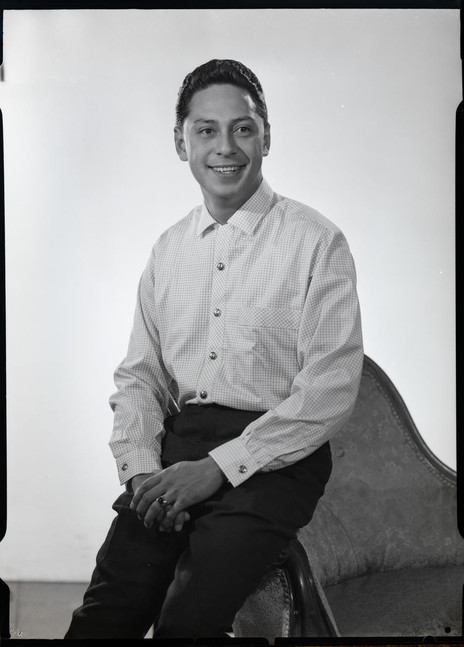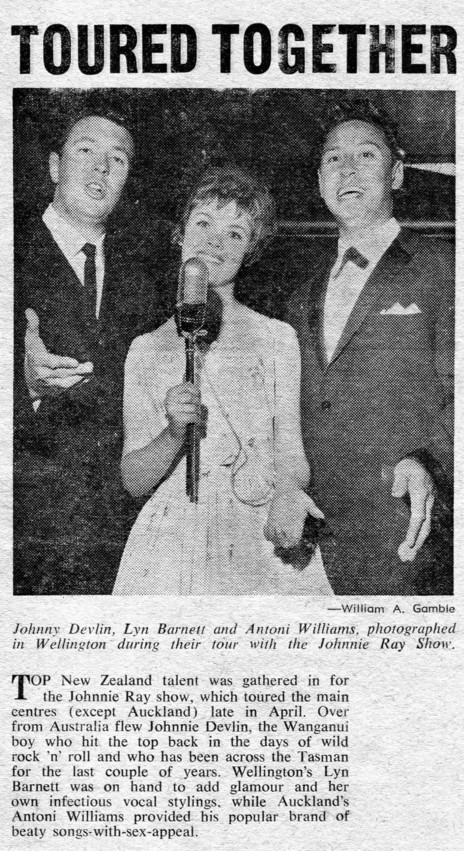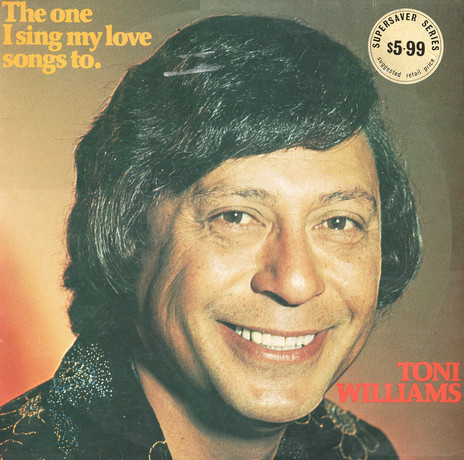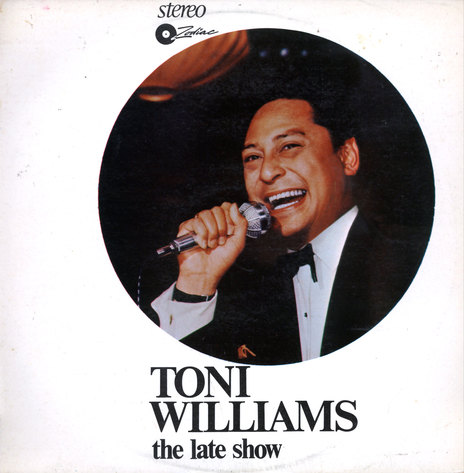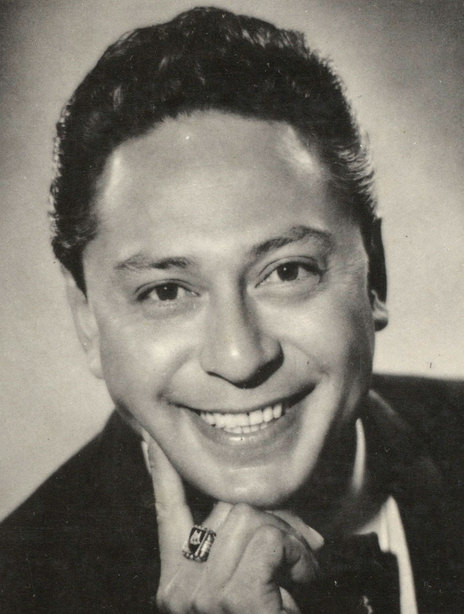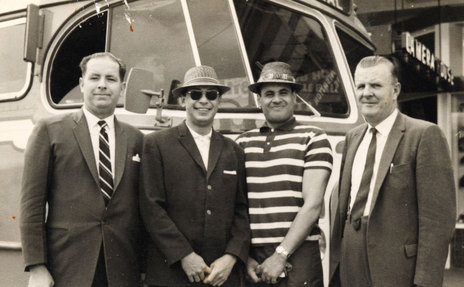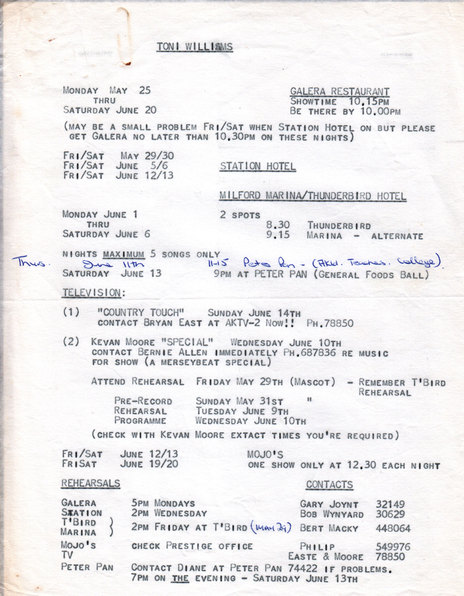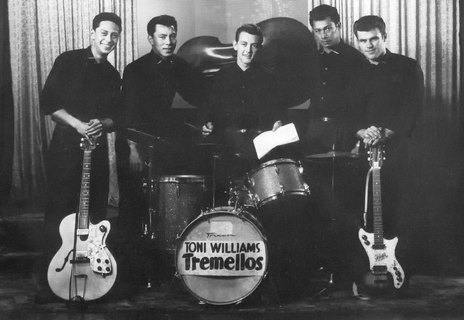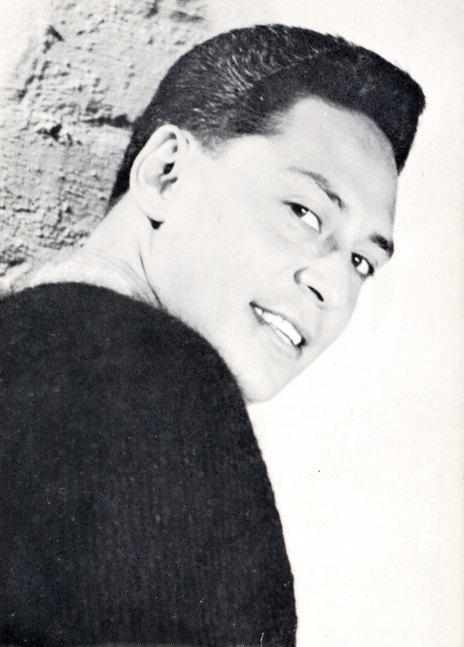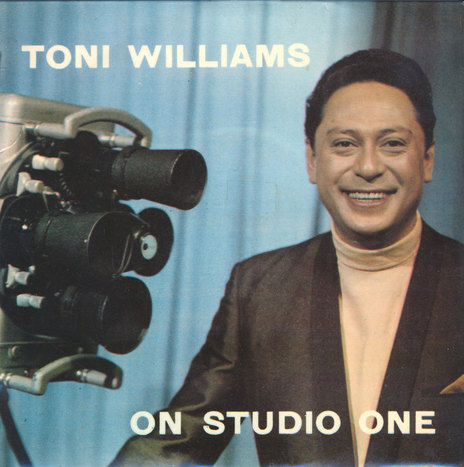Always a stand-out talent, Williams became a solo act, recording facsimile versions of songs made famous by Cooke and Roy Orbison. But it led to a career of substance: After a stint playing Sportin’ Life in the 1965 New Zealand production of George Gershwin’s Porgy and Bess, he became a leading nightclub entertainer in New Zealand and Australia.
Early days
Williams was just 11 when he immigrated to New Zealand with his mother in 1950, bringing with him a ukulele made out of coconut shells. He injured his back playing football while a young teenager, and had to spend 13 months prostrate in a home for crippled children. He spent the time learning the guitar, and when he returned to school he formed a skiffle group called The Housewarmers with a few friends from the Ponsonby/Freemans Bay area. They used a tea chest bass, an electrified washboard, and two guitars: “It was big for a while, and good dancing music,” Williams recalled in the 1990s to radio host Jim Sutton.
In 1958, as the skiffle fad was over, they evolved into a rock and roll group. As The Tremellos they became a regular attraction at the Gandhi Hall on Victoria Street West. The Gandhi was part of an inner-city circuit of clubs; from 8pm till four in the morning, dancers used to flit between the Jive Centre on Hobson Street to the Māori Community Centre beside Victoria Park, then to the Gandhi Hall, taking in acts such as The Keil Isles, Johnny Devlin, and The Tremellos. Also in Williams’s band was guitarist Graham Page, pianist Johnny Stowers, bassist Nga Williams and Noel Peterson on drums. Later, saxophonist Toko Pompey joined; he would have a long career playing overseas with Māori showbands.
La Gloria
Harry M. Miller saw one of The Tremellos’ many gigs, and recruited them to play support for the Howard Morrison Quartet. Soon, they were recording for Miller’s label, La Gloria, and were the backing band on his hugely successful package tour Showtime Spectacular, a variety bill which featured The Quartet, Kim Krueger, magician Jon Zealando and many other acts. Originally intended to run for a month, the first Showtime Spectacular became Miller’s cash cow, touring for 21 weeks. The Tremellos would go on to support many overseas acts, such as the Everly Brothers, Jimmie Rodgers, Johnny Ray and Connie Francis.
Williams’ recording debut came in 1960, with the first of many singles on La Gloria: ‘Cradle of Love’ b/w ‘Brush Those Tears From Your Eyes’. A standout during this period is his take on the Brook Benton slow-burner ‘Endlessly’; the B-side, ‘Is A Bluebird Blue’ – a hit for Conway Twitty – was a very early song by the Southern US writer Dan Penn.
Cover versions would dominate Williams’ early career: Roy Orbison’s ‘Running Scared’ and ‘Only the Lonely’; Sam Cooke’s ‘Twistin’ The Night Away’ and lesser known songs. But the fledgling music industry and local audiences responded, providing Williams with plenty of work and support. ‘Running Scared’ was arranged by Auckland jazz identity Lew Campbell and ‘Twistin’ arranged by expatriate US saxophonist Bob Gillett, later a member of The Brew. Reviewing ‘Running Scared’, Truth newspaper wrote, “It’s a far from cheerful number, but you’ll stay listening to its throbbing rhythm.”
“The echo unit was a concrete toilet with a microphone in it ...”
La Gloria’s approach to recording was gruelling, Williams told Sutton: “It was work, and you had to be very accurate, it was all done in one take. You had an orchestra band and if somebody made a mistake it’d be ‘Who did that!’, because you’d have to do the whole thing again.” A lot of the sessions were at Barton’s studio, and the special effects were primitive. “The echo unit was a concrete toilet with a microphone in it and a lead running all the way into the studio. So of course, we could only record at night.”
In 1961, Williams briefly became known as Antoni Williams. Truth – or a Harry M. Miller press release – explained the change: Miller said his office had been deluged by angry phone calls and letters. “It is necessary for the sake of his career.” The name clashed with that of “American negro vocalist Tony Williams”, lead singer of the Platters. The American had recently signed a solo deal with Frank Sinatra’s Reprise label, and this would cause confusion in the New Zealand market with Toni Williams’ releases on La Gloria. Plus, said Miller, Toni had the talent to break through in the States. It never happened, and Antoni soon reverted to Toni.
Sydney clubs
Prior to Porgy and Bess – a high-profile and long-running production, with Inia te Wiata and George Henare in the Māori and Polynesian cast – Williams cut his teeth on the demanding Sydney nightclub circuit. For two years he worked as a resident singer for the production numbers at the notorious Latin Quarter club in Kings Cross, which also featured dancing girls.
Williams’s skill as an interpreter is apparent on the live album The Late Show, recorded live at Auckland’s Logan Park nightclub in 1968 with Jimmy Sloggett and the Inn People. The opening song, ‘Cabaret’, sets the scene. What follows is a showcase of the best in lounge pop from the 1960s, an eclectic set list that includes big ballads (‘That’s Life’, ‘That Lucky Old Sun’, ‘Delilah’, ‘Green Green Grass Of Home’) country (‘King Of The Road’, ‘I Can’t Stop Loving You’), and a medley of songs from Porgy and Bess.
Mr Reliable
After 10 years working the cabaret circuit in Australia, Williams returned to New Zealand in 1976. A year later, he would have the two biggest hits of his career. ‘Rose (Can I Share A Bed With You)’ was written and produced by Peter Posa, and spent nearly four months in the New Zealand charts, peaking at No.11 in November 1976. Its follow-up, ‘The One I Sing My Love Songs To’ (a song earlier recorded by Waylon Jennings), reached No.9 six months later.
Williams’ career would last over 50 years, and his reputation as a professional led the Howard Morrison Quartet legend Gerry Merito to nickname him “Mr Reliable”. From 1979, Williams would take Wi Wharekura’s place in occasional reunions of the Quartet.
Although his early years were spent emulating others, Williams’ lasting legacy is ‘Rose (Can I Share a Bed With You)’. It is a uniquely New Zealand ballad, and Williams’s sentimental, vibrato-rich performance has inspired countless party singalongs. In recent years the song has been revived by Dennis Marsh and Tom Sharplin.
Toni Williams passed away on 1 October 2016.
